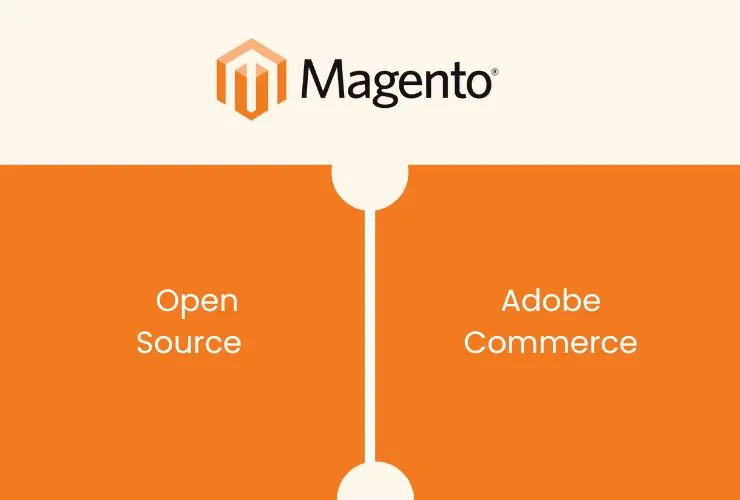Ensuring privacy and security for customer data is of utmost importance for every e-commerce store. The General Data Protection Regulation, presented by the European Union, requires that businesses adhere strictly to how personal data will be treated. Noncompliance leads to severe penalties, which might result in total financial losses. If running an online Magento store, knowing how to make it GDPR compliant is essential. This post is to be used as a guideline that follows the steps to align your Magento store with GDPR standards and subsequently protect your customer data.
What is GDPR?
What Do Magento Store Owners Need to Know About GDPR?
The GDPR has strengthened data protection for individuals in the EU. It deals with how businesses collect, store, process, and secure personal data. Consumers now have more control over their information. Magento store owners who serve EU customers or operate in the EU must comply with GDPR. Non-compliance can lead to fines of up to €20 million or 4% of your global annual revenue.
Key GDPR Requirements for Magento Store Owners
1. Collection of data and consent
Businesses can collect customer data only based on clear consent under the GDPR. Magento comes with tools that facilitate obtaining consent when processing customer data, mainly for marketing. Ensure to get the agreement of a customer regarding their privacy policy and terms before collecting any personal data.
2. Consumer rights and data access
The GDPR provides an individual’s rights over data, and this includes access, rectification, and deletion. Magento makes it possible for a customer to view and modify their account information. It is also necessary to remove a customer’s data once they ask you to. Magento 2 stores enable this functionality with features like the “Delete Account.”
3. Data Retention Policy
You should specify how long customer data will be retained and ensure it is deleted once it is no longer necessary. Magento provides features to automatically delete data for those customers who have not engaged with the store for a considerable period of time, according to the data minimization principle of GDPR.
4. Data Security Measures
Data security is a fundamental aspect of GDPR. Magento provides security measures such as encryption, secure payment processing, and HTTPS across your store. Regularly update your Magento store to stay protected against vulnerabilities.
5. Data Breach Notification
GDPR requires businesses to notify both the regulatory authorities and affected customers within 72 hours of a data breach. Magento helps by offering detailed logs and alerts for detecting suspicious activities.
6. Third-Party Integrations
Many Magento stores depend on third-party services such as payment gateways, marketing tools, and analytics platforms. Make sure that these third parties are also GDPR compliant. Check their privacy policies and ensure they meet the standards of GDPR data protection.
Steps to Ensure GDPR Compliance in Your Magento Store
1. Update Your Privacy Policy and Terms of Service
Your privacy policy should clearly state what data you collect, how it’s used, and how long it will be stored. Make sure it’s easily accessible to customers.
2. Enable GDPR Features in Magento
Magento provides several features to help store owners comply with GDPR. For example, Magento 2.3 and later comes with a GDPR extension that provides data processing agreements and allows data export and erasure.
3. Implement Customer Consent Mechanisms
Magento lets you add checkboxes on forms (like the checkout page) to ensure customers consent to data collection. You can also integrate a consent management tool to let customers manage their preferences.
4. Ensure Secure Data Storage
Protect sensitive customer data, especially payment details, by storing it securely. Use encryption and secure servers to prevent unauthorized access.
5. Track Data Access Requests
Magento’s administrative tools help manage and track data access requests. Be sure to have the necessary infrastructure to respond to customer data requests promptly.
Conclusion
With GDPR being more of a constant presence on the digital map, every Magento store owner must align to its rules. Protect your business and customers with clear consent options, rights regarding customer data, and by implementing the proper security measures. Magento provides multiple tools and extensions to ensure making this compliance manageable so that the store runs safely and according to the law.













